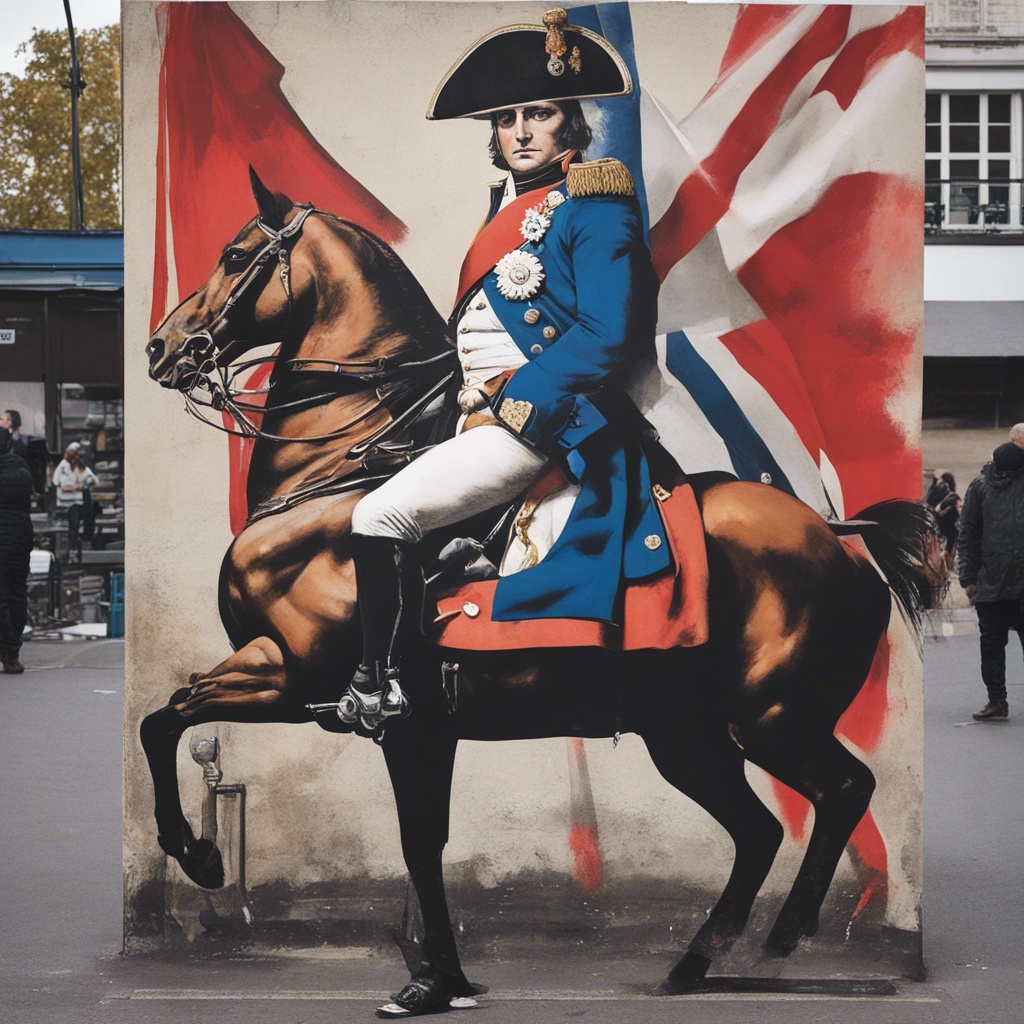Your cart is currently empty!
The Conquests of Napoleon Bonaparte

Summary
Napoleon Bonaparte was a prominent French military and political leader of the late 18th and early 19th centuries. He achieved widespread recognition through his military prowess and conquests. His campaigns across Europe, particularly in Spain, Italy, and Germany, led to significant territorial expansion for France. Napoleon’s influence extended beyond military achievements. He implemented reforms and introduced the Napoleonic Code, leaving a lasting impact on conquered territories and France itself. Despite eventual defeat in 1815 and exile to Saint Helena, Napoleon remains a symbol of military power, ambition, and reform.
Facts
Napoleon rose to prominence during the French Revolution and became the first consul of France.
Successful military campaigns resulted in the conquest of Spain, Italy, and parts of Germany.
Austria and Prussia were forced to ally with Napoleon.
Conquests led to significant changes in conquered territories, introducing new laws, administration systems, and cultural practices.
Napoleon implemented the Napoleonic Code, a legal framework with enduring global influence.
Napoleon faced defeat in 1815 and was exiled to Saint Helena, where he died in 1821.
Despite defeat, Napoleon is remembered as one of history’s most successful military commanders.
His legacy continues to impact politics, culture, and economies globally.
Napoleon is studied as a symbol of military power, ambition, and reform.
by